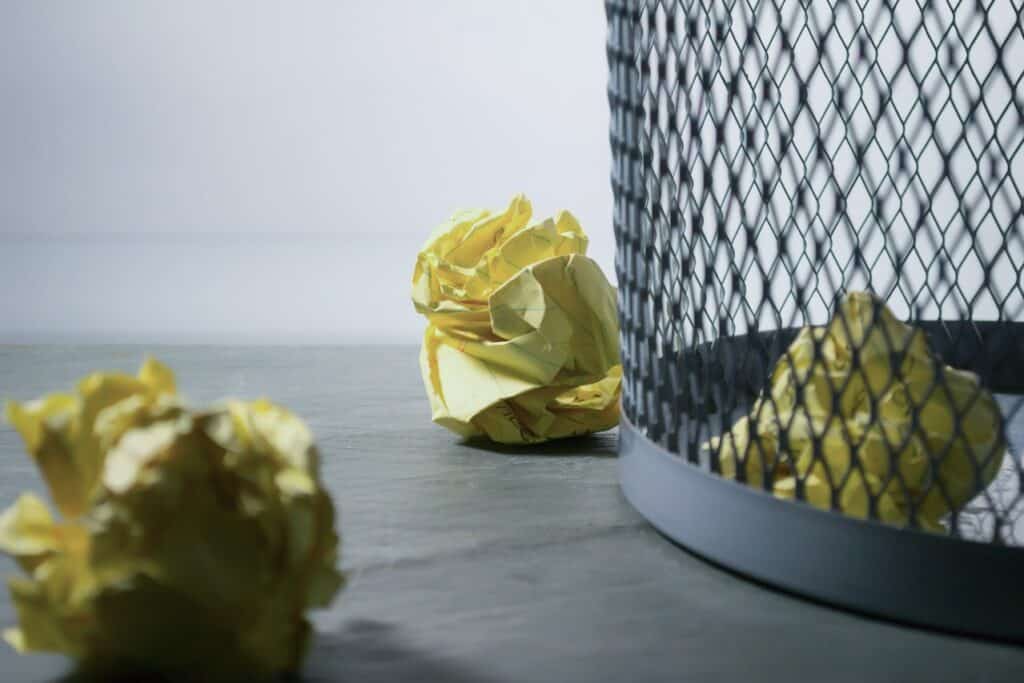Businesses must regularly dispose of general waste to keep the environment clean and risk-free for health and safety purposes. Commercial refuse collection is an important aspect of waste management. This refers to the process of collecting and transporting commercial waste to a facility that can handle its disposal.
If you own a business, you must follow all the regulations for the disposal of the waste generated by your organisation. As a result, it is critical that you completely understand everything related to waste collection in the UK. This guide covers all the relevant information related to recycling and general waste collection for businesses.

Types of Commercial Waste
Businesses generate various sorts of refuse. For example, a restaurant generates a lot of food waste but no clinical or dry mixed recyclable waste. The following are some of the different kinds of waste generated by businesses.
General waste
Common, non-recyclable refuse is referred to as “general waste,” “residual waste,” or “trade waste.” There are no harmful chemical contaminants present in this. Below are some of the common types of general waste.
Plastics
There are a lot of different kinds of plastic, and many of them can’t be recycled individually. You can throw these away with general waste. It is not always clear which plastics may be recycled and which cannot.
Metals
General waste includes a lot of metal objects. Anything from a hole punch to a set of pots and pans could fall under this category.
Ceramics
Anything made of ceramic, such as plates, vases, and mugs, is considered general waste.
Packaging supplies
Pieces of bubble wrap, cushioned envelopes, Jiffy bags, and coated wrapping papers are examples of general waste. Packaging made of polystyrene also comes under this category.
Cleaning materials
Wet wipes and other non-hazardous cleaning supplies are part of your general waste collection. Towels and other cleaning supplies also fall into this category.
Wallpaper
Wall coverings and wallpaper waste are a type of general waste.
Vacuum Dust
Vacuum dust that has accumulated while you are cleaning is considered general waste.
Snack wrappers
Wrappers from snacks like crisps and sweets, as well as aluminium foil, are considered general waste.
Dry mixed recycling
Dry mixed recycling, sometimes called co-mingled recycling, allows businesses to recycle without having to sort their waste into different containers.
Glass
Since glass does not decompose during recycling, it is one of the most commonly recycled commodities in the UK.
Food waste
Waste generated during and after the development, production, and consumption of food is collectively referred to as “food waste.” Larger pieces of food waste, such as the bones left over the following butchering, should be disposed of in a designated “animal-by-product” bin.
Medical waste
What we call “clinical waste” refers to anything discarded in a healthcare setting that could potentially cause infections. Anything that could pose a threat to public health should be disposed of properly, such as used syringes, blades, bandages, needles, swabs, dressings, and so on. Clinical waste is produced by a wide variety of businesses, including those in the healthcare, dental, cosmetic, and tattoo industries.
Hazardous waste
Any refuse that could be harmful to people or the planet is considered hazardous waste. When a substance is deemed dangerous, it exhibits or has been shown to exhibit at least one of the following potentially harmful characteristics:
- Reactivity
- Ignitability
- Toxicity
- Corrosivity
Toilet waste
Nappies and other sanitary hygiene goods are examples of leftovers found in toilet bins.
Disposal of business waste
Once collected, business waste is taken to a recycling facility or landfill, depending on its composition. Different procedures will be used to deal with different kinds of waste. To dispose of it, it could be recycled, reused, burned for electricity, burnt, or buried in a landfill.
Top Methods for Reducing Waste in the Business
The below steps will help businesses dispose of waste properly:
- Find out what kind of refuse you’re producing and how much of it there is by doing a waste audit.
- Get in touch with an authorised commercial waste collection firm to go over your waste management requirements.
- If you contact that business, they will suggest a service and vehicle size for you.
- Sort your trash and put it in the right container.
- On the day of collection, have the bins ready for your commercial waste collection service and move them out of the way, so they don’t bother anyone.
- Make sure your containers aren’t too heavy from too much trash.
- Clean out your bins consistently or pay someone to do it.
Conclusion
To maximise recycling opportunities, businesses should segregate their waste wherever possible. It is your duty to dispose of commercial refuse in a secure location and to reduce waste by finding creative ways to reuse materials whenever possible. For each specific load of general waste that leaves your property, you should be able to provide a Waste Transfer Note (WTN).

